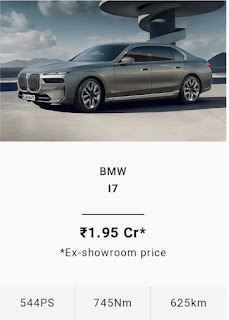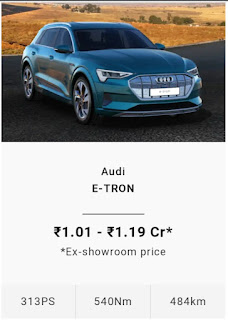Introduction:
Replacement of Electric Vehicle Battery Prices in India.
The electric vehicle (EV) revolution in India is gaining momentum, bringing sustainability and innovation to the forefront of the automotive industry. As the nation sets its sights on a greener future, understanding the dynamics of EV battery prices becomes paramount. This article aims to demystify the complexities surrounding EV battery costs in India by addressing frequently asked questions and incorporating key data points.
FAQs About EV Battery Prices in India.
1. Why are EV battery prices crucial?
EV battery prices significantly impact the overall cost of an electric vehicle, influencing consumer adoption rates and the transition to cleaner transportation options.
2. Current State of EV Battery Prices
The cost of EV batteries has witnessed a remarkable decline over the years, a trend attributed to technological advancements and economies of scale. Presently, the price range for EV batteries varies based on battery capacity, chemistry, and manufacturer.
3. Factors Influencing EV Battery Prices.
Battery Chemistry: Diverse battery chemistries (lithium-ion, LiFePO4, etc.) affect costs due to variations in energy density and production methods.
Battery Capacity: Higher battery capacities (measured in kWh) often lead to higher costs.
Raw Materials: The cost and availability of raw materials like lithium, cobalt, and nickel directly impact battery prices.
Manufacturing Innovation: Innovative production methods contribute to cost reduction.
Economies of Scale: As the EV market expands, economies of scale result in reduced production costs.
4. Battery Warranty
Most EV manufacturers provide warranties of 5 to 8 years for their battery packs, assuring consumers of longevity and performance.
5. Cost of Battery Replacement
The cost of battery replacements has seen a downward trajectory, driven by decreasing battery prices. This trend enhances the viability of EV ownership.
6. Government Incentives and Policies
Government incentives and policies, such as subsidies and tax benefits, stimulate demand, research, and local battery manufacturing, indirectly impacting battery prices.
7. Future Projection of EV Battery Prices
The consensus among experts is that EV battery prices will continue to decline, bolstering affordability and accessibility for consumers.
Incorporating Data: EV Battery Replacement Costs for Popular Models
1. Tata Nexon EV Battery Replacement Cost
Battery Pack Capacity: 31 kWh
Estimated Replacement Cost: ₹5.50 lakh to ₹6.20 lakh 1.
2. MG ZS EV Battery Replacement Cost
Battery Pack Capacity: 44.5 kWh
Estimated Replacement Cost: ₹6.60 lakh to ₹8.50 lakh 1
Battery Pack Capacity: 44.5 kWh
Estimated Replacement Cost: ₹6.60 lakh to ₹8.50 lakh 1.
Conclusion
The landscape of EV battery prices in India is undergoing a transformative journey, propelled by technology, innovation, and supportive policies. As battery costs continue to decrease, the prospect of owning an electric vehicle becomes increasingly accessible. By understanding the nuances of battery pricing, consumers can make informed decisions that align with their environmental and economic goals, accelerating India's journey towards a sustainable automotive future.

















































